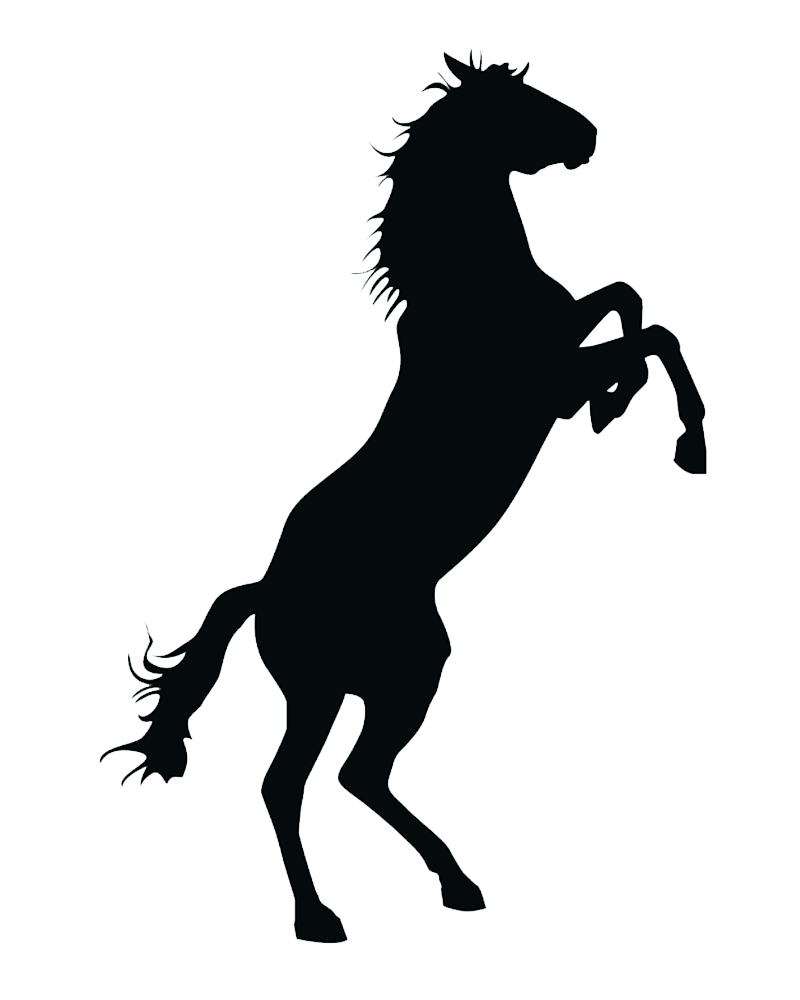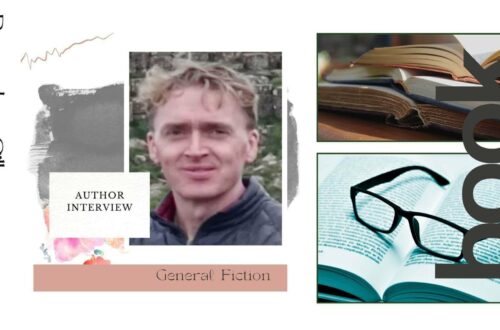
Interview With Mike Harrison
Mike’s own life story could so easily be the subject of a book, but as a recently published author, he has chosen instead to write a work of fiction: The Pale Tiger. A Geopolitical thriller which takes us on a high-octane adventure around the world. It is also timely, set against the backdrop of a chilling escalation of tensions between America and China.
Mike Harrison was born in Hammersmith, London, but soon after his parents moved to Buckinghamshire and thence to rural Surrey. When he was eight years old he was sent away to boarding school and achieved his O-Levels and A-Levels at Wellington College in Berkshire. Mike enjoyed the boarding school life, though looked at from today’s standpoint, some of the post-war teaching methods would raise a few eyebrows.
“It was a very different time, and many people were carrying historic trauma from the war, which wasn’t all that far in the past. Several of my teachers had been prisoners of war and had been painfully scared by the experience. But they got on with it, as befits the generation that invented the slogan: ‘Keep Calm and Carry On’!”
Mike won a place at Jesus College, Cambridge to study law, and after a gap year of working and travelling headed to the historic institution. Although Cambridge in the late ’70s saw itself (as now) as a centre of excellence, the pressures on students back then were less intense than today. Forty years ago, Cambridge and Oxford could bask in their reputation as the country’s finest centres of learning – but nowadays they have to fight year-by-year to earn their place amongst the global elites of higher education. And whilst Cambridge today is not just about excellence in academic achievement, the students of forty years ago undoubtedly had more time for sport and just having fun. This was also a time of great social change for Cambridge, as Mike’s peers for the first time in Jesus College’s history included women.
After graduating in 1982 Mike became a chartered accountant, deciding not to go into law in favour of working in the city. Once again Mike was at the forefront of another huge change. This was the ‘greed is good’ era and the profile of city banking was growing sharply. US and Continental banks were coming to London and advances in technology were driving change within financial markets at a rapid pace. “This heady world certainly attracted its share of extreme characters.” He recalls. “But every day seemed to throw something new at us and I found that appealing.”
Through his work, Mike met his future wife Jenny, and they were married in 1989. The pair lived and worked across Europe in the ‘90s, with their first child born in Amsterdam, their second in Stockholm and their third on their return to London. “Sadly, I didn’t see a great deal of my children in the working week in those days. But that was the industry and long hours were the norm, especially in my ‘30s and ‘40s. So by the time I hit my mid-fifties, I was ready for a change of pace and in 2015 I found a reason to take up a new challenge.”
And that reason came from an unexpected quarter. News of the crisis in Ukraine and Crimea, and tensions with Russia. This geopolitical drama caught Mike’s attention. “At the time,” he recalls, “I had little understanding of where the Russians were coming from. But what was clear was that the Russians themselves felt that history was very much on their side, and I instinctively knew that we were being fed a very one-sided narrative by the Western media.” So he made it his mission to find out more and enrolled at the Russian Language Centre at Pushkin House in London. He wanted to make progress in the language as rapidly as possible, so the school developed a bespoke programme for him with lots of one-on-one tutorials. He also travelled to Russia several times to put his nascent Russian to the test.
“By beginning to know the language, the people and the history of Russia I began to get a real sense of why the Russian worldview seems at times quite different from our own. Many in the West find these Russian attitudes puzzling and thorny.” He explained. “But when you look at these events through the prism of history, the Russian point of view suddenly looks very understandable. Russia’s hosting of the World Cup in 2018 felt like a great opportunity to look at the country and the people in a more nuanced and positive way.” He recalls. “I was keen to make a series of documentaries looking at the different Russian host cities. But when I came to pitch the idea to organisations in London I met resistance because it was felt that such a series would not be negative enough about the country!”
Despite such setbacks, Mike is undeterred and is keen to find other opportunities going forward to show Russia in a more balanced light. Around this time Mike also began to write down ideas for books. Speaking about his writing journey he stressed that it did not come naturally at first: “Writing a novel is a very particular skill, and I had to work hard to learn that.”
Mike wrote The Pale Tiger in 2019, choosing to set the plot within a different superpower stand-off: the rising tensions between America and China. “The China-USA relationship is centre stage in the book. Of course, The Pale Tiger is fiction, but the dangers of either America or China ‘getting it wrong’ and tipping towards war is a real threat. How the US manages or perhaps reconciles itself to the rise of China is the biggest challenge of our era.”
History, he points out, is not encouraging. “When a rising power comes up against a sitting power the outcome is almost always war. What historians have called ‘The Thucydides Trap’. We have to be incredibly careful how we navigate this.”
As a reader Mike’s tastes are eclectic, ranging from James Elroy and David Foster Wallace to Eastern European authors such as Joseph Roth, Miklos Banffy and Antal Szerb.
Mike is currently working with Lock Stock and Two Smoking Barrels producer Gareth Jones and director Niall Johnson to bring The Pale Tiger to the big screen.




